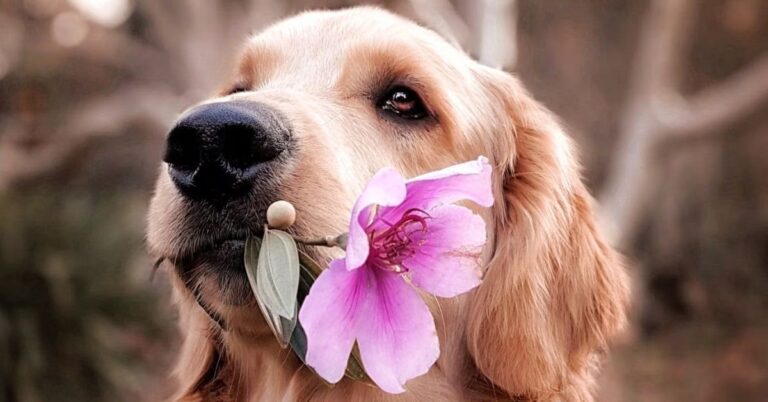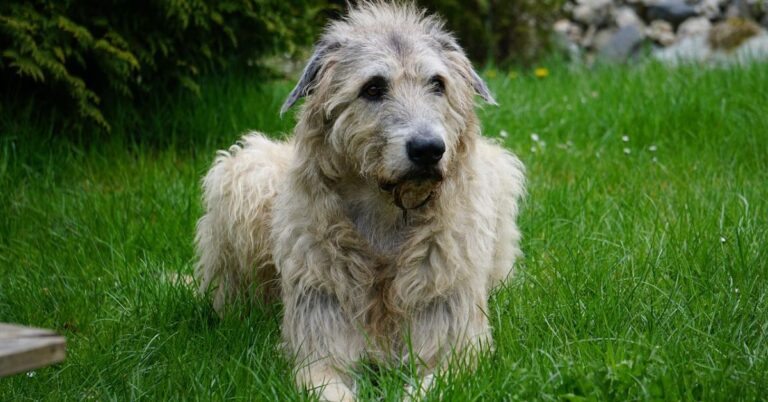What Makes The Indian Savannah Wolfdog Unique
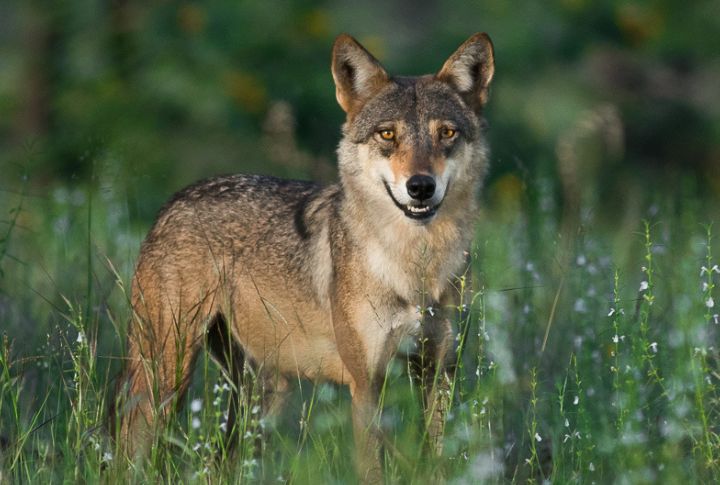
India is home to many incredible creatures, but few are as intriguing as this rare hybrid. It doesn’t come from cozy homes or city streets—instead, its roots stretch across wild savannahs and quiet open plains. Shaped by survival and solitude, this dog follows a path few others do. Here are 10 things to know about the Indian Savannah Wolfdog.
Origin Of The Indian Savannah Wolfdog

A hybrid of the Indian wolf and domestic dog, this breed emerged across the subcontinent’s open plains. It started appearing only in recent decades in regions like Maharashtra. As a result of natural crossbreeding, it thrives in untamed regions.
Physical Traits

The Indian Savannah Wolfdog has a lean, muscular frame built for endurance. Its almond-shaped eyes, typically amber or hazel, convey an alert, intelligent gaze. The coat varies in shades of gray, brown, and black, offering natural camouflage in arid grasslands.
Temperament
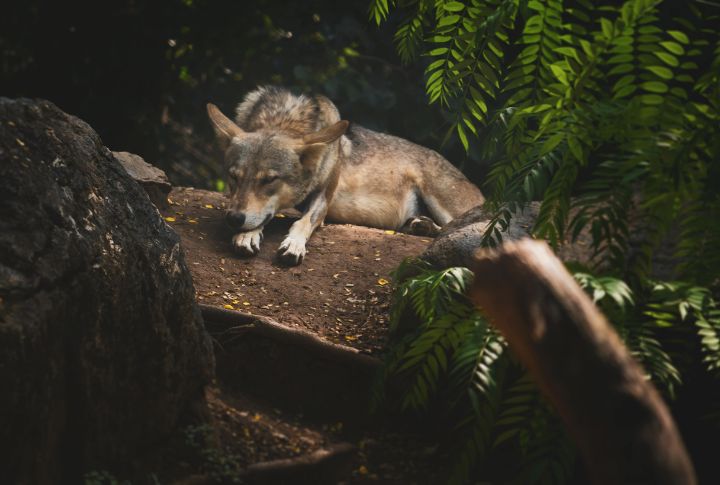
This dog forms deep bonds but doesn’t give its trust away lightly. It connects strongly with one person and tends to stay reserved around others. Unlike outgoing companion breeds, it values personal space and doesn’t seek constant attention. Loyalty runs deep, but affection is on its terms—and always well earned.
Unique Adaptation To The Indian Terrain
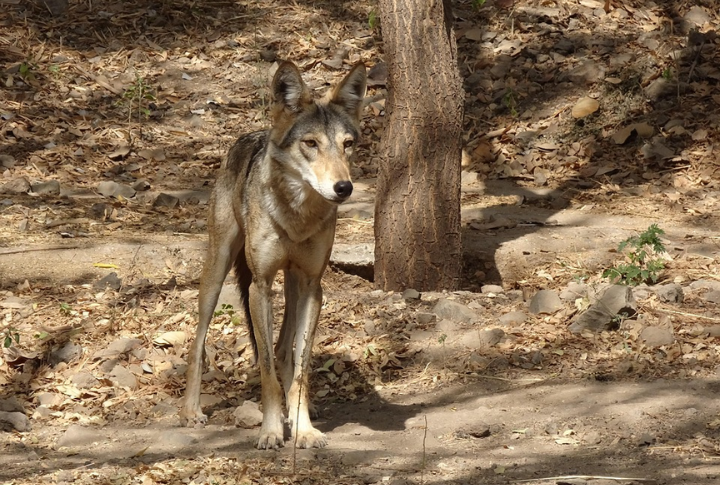
Born for sun-scorched lands, the breed handles intense heat with ease. Its short coat allows body temperature to stay regulated during long treks. Not surprisingly, it excels in difficult terrain, as its physical makeup allows it to travel miles across savannah areas without tiring.
Intelligence And Trainability

Clever and curious, this dog picks up new skills quickly. That said, getting it to obey commands on cue isn’t easy. You’ll need creativity and persistence. Although capable of high-level tasks, it usually prefers independent decision-making over repetitive obedience drills.
Health And Longevity

The Savannah Wolfdog is known for its sturdy health and resilience. Their hardiness stems from natural selection and minimal genetic manipulation, giving them strong resistance to common canine diseases. Access to open space, a protein-rich diet, and regular veterinary care further support their longevity.
Dietary Needs

Raw meats and bones match this dog’s natural diet far better than commercial kibble. Its nutritional needs reflect those of its wild ancestors, favoring high-protein meals that maintain muscle strength. Even in a domestic setting, foraging behavior can continue—another clue that this breed thrives on a diet rooted in instinct.
Social Behavior And Interactions

This breed often watches quietly before deciding to engage, showing a more cautious nature than outgoing breeds like golden retrievers. It can become more open with consistent, early socialization. Without that foundation, it may grow overly territorial or reactive, especially in new environments.
Challenges Of Owning An Indian Savannah Wolfdog

Living with this dog takes more than love—it takes space, purpose, and a firm routine. Its energy doesn’t fade just because the day is calm. It stays alert, looking for tasks or testing limits. Without confident leadership, this breed often ends up running the show before anyone realizes it.
Conservation Status And Legal Considerations
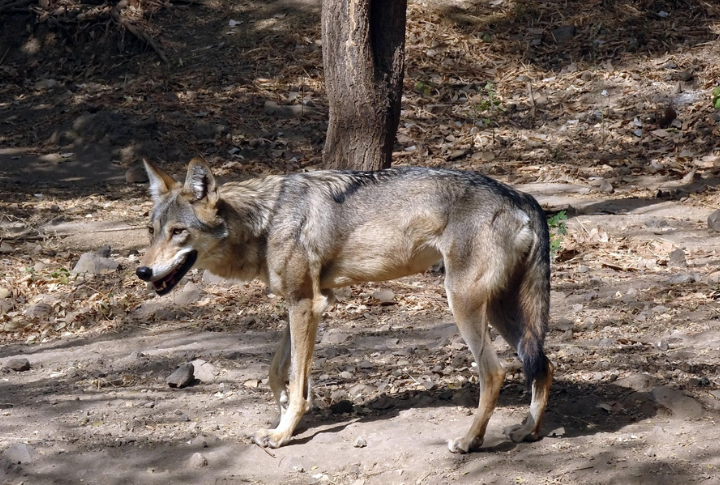
The Indian Savannah Wolfdog’s legal status is unclear, varying across regions. As a hybrid, it raises concerns about wildlife laws, public safety, and the endangered Indian wolf’s genetic purity. Ownership may require permits, making research and ethical considerations essential before involvement with this unique animal.



